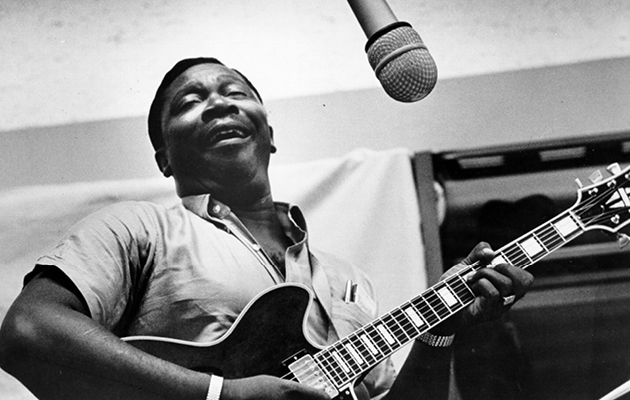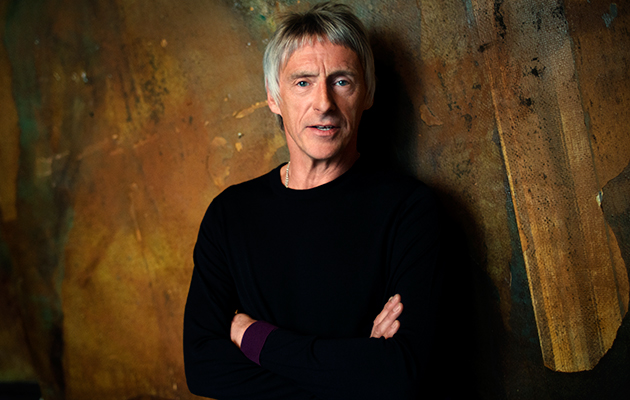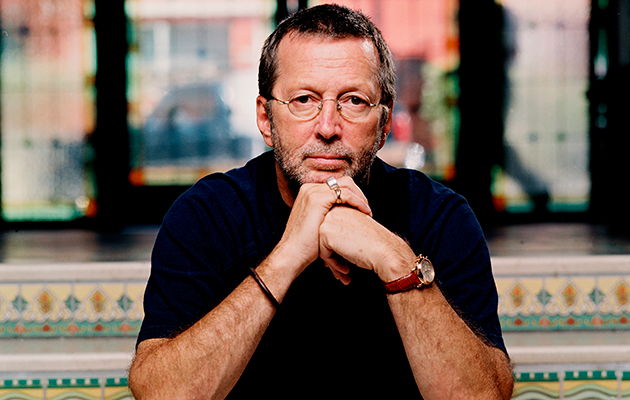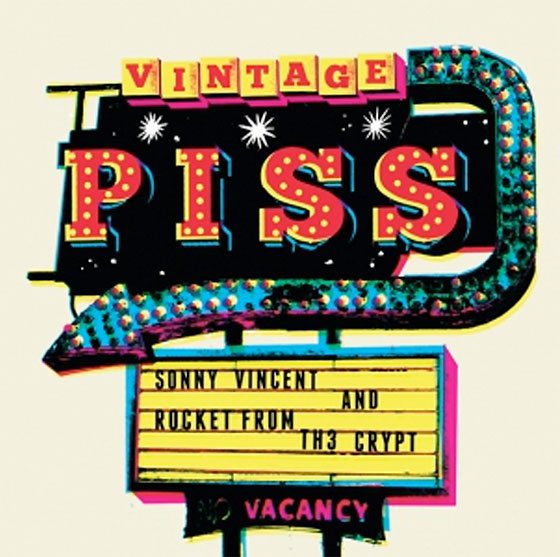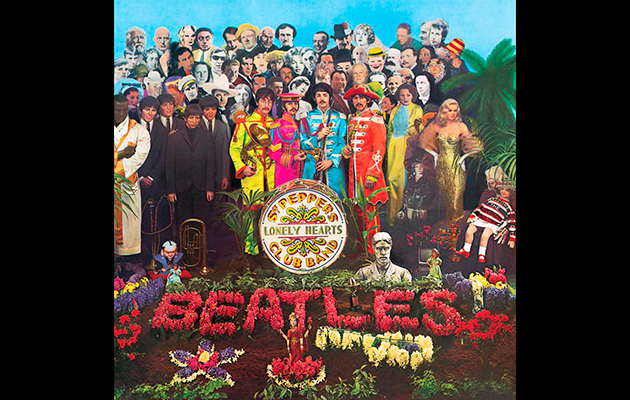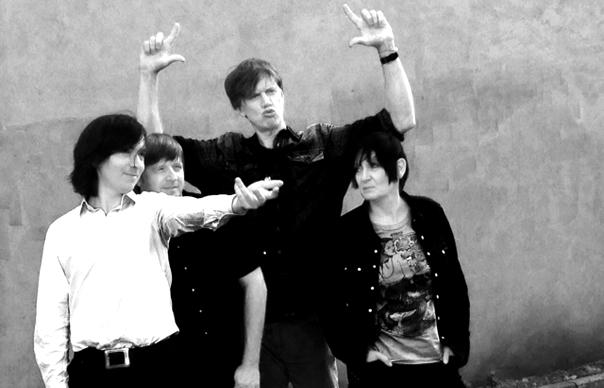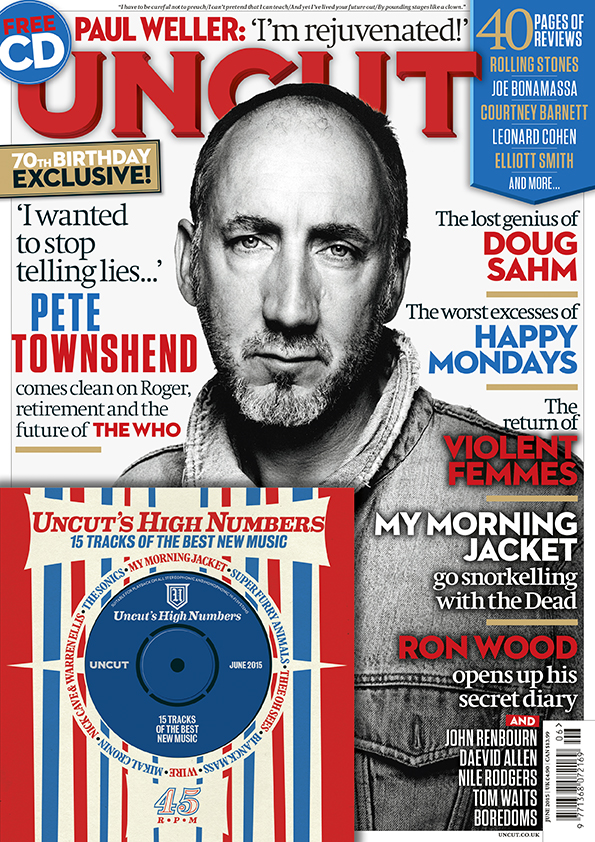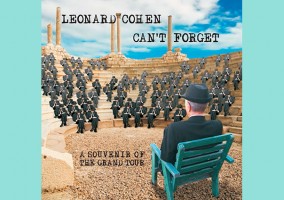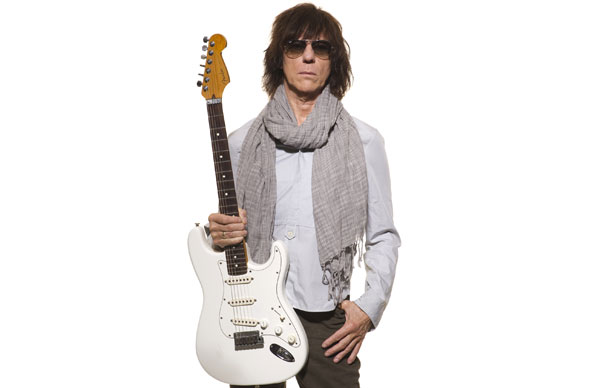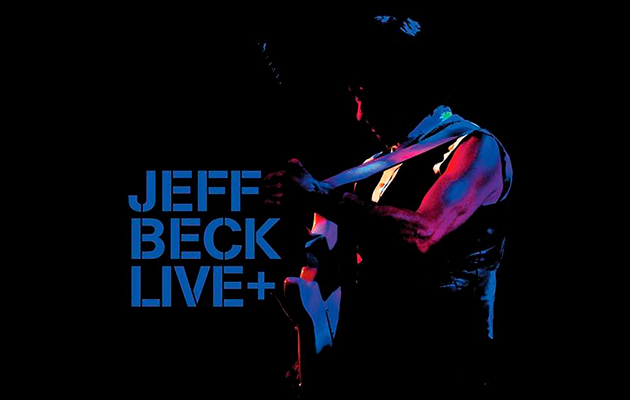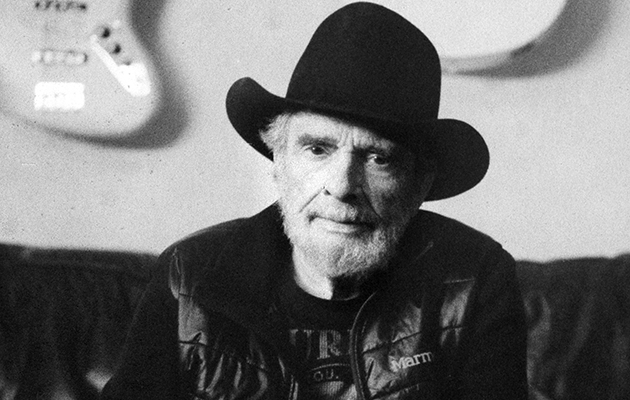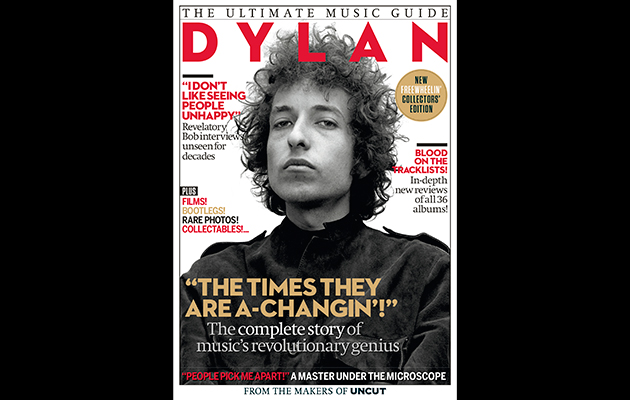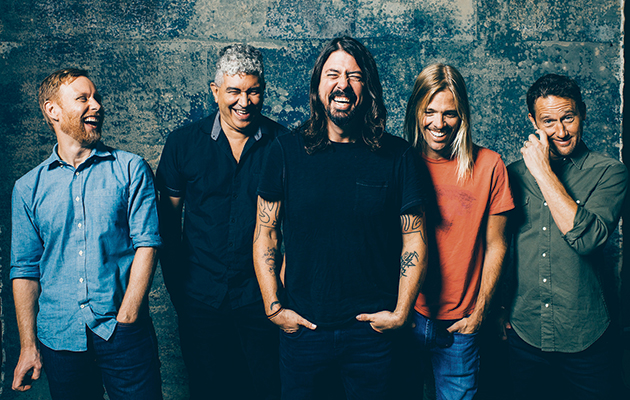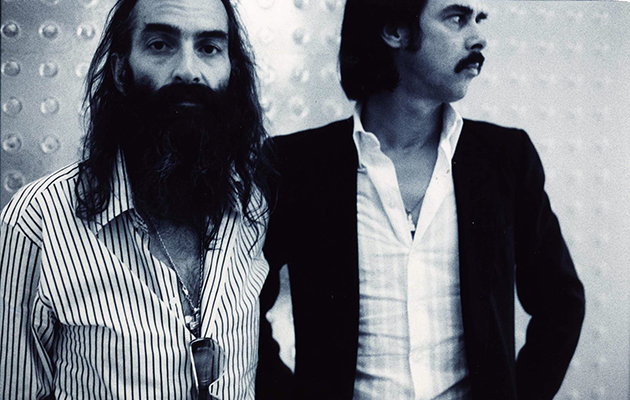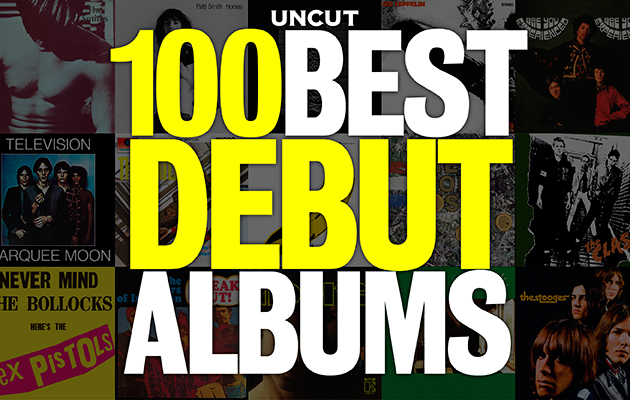1 THE VELVET UNDERGROUND & NICO
The Velvet Underground & Nico (1967)
Released just prior to Sgt Pepper, The Velvet Underground & Nico was the narcotic, leather-coated flipside to the Summer Of Love. Overseen by Andy Warhol and produced by Tom Wilson (Bringing It All Back Home, Freak Out!) it captured a rock’n’roll demi-monde of white noise and buzzing drone. With Lou Reed’s Bowery-bum poetry, John Cale’s avant-expressionism and the ice-maiden vocals of Nico, these poisonous tales of drug abuse (“Heroin”; “I’m Waiting For The Man”) and S&M sex (“Venus In Furs”) were as dark as ’60s rock got. All but ignored at the time – Rolling Stone didn’t even bother with a review – its No 171 placing on the Billboard chart belied its subsequent influence. As Brian Eno once remarked, those who did hear it immediately formed a band.
Best track: “Heroin”
Ex-Velvets sonic provocateur John Cale talks exclusively about the making of the greatest debut album of all time…
SIDE 1 TRACK 1 “Sunday Morning”
We did this at Mayfair Sound Studios in NYC, November 1966. It was the last recording for the album. The place had a beautiful wooden floor that was all ripped up and there were holes everywhere – you had to step around to set up; a real fucking hassle. We decided it needed a celeste and it was a pretty song, so it became our second single; one of the only things MGM could relate to. The song captures a mood and a specific event. Lou and I had been up all night on crank, as usual, so we decided to visit one of his old Syracuse college pals. Unfortunately, this guy’s upper-middle-class wife didn’t appreciate visits from old college pals high on amphetamines, at 3am, who wanted to play music. He had a guitar which Lou picked up and the evening inspired him to write the song.
SIDE 1 TRACK 2 “I’m Waiting For The Man”
One of our drone songs. We used a drone style on “Venus In Furs” and “All Tomorrow’s Parties”. I liked it because it was rock’n’roll. I hammered the piano, smacking it with fists, and there was no back-beat for Maureen’s drums. It’s very British-sounding, mid- ’60s pop like The Honeycombs’ “Have I The Right?”. Lou came up with the riff and his solos were crazy. Sterling used to do the solos live. His method was to play like unwinding a ball of string, where you end up in the right place. I dunno how they got the vocal, because we recorded everything on four-track. They must have left one track open for the voice. It was all about mixing then; there weren’t any overdubs. The song’s about a trip up to Harlem, a conversational piece based on real experience. There was a lot of that stuff around: Dave Van Ronk, Arlo Guthrie… talking street poetry. It captures Lou’s voice perfectly and it’s got a body, which Tom Wilson achieved when we re-recorded it at TTG [aka Sunset-Highland Studios in Hollywood].
SIDE 1 TRACK 3 “Femme Fatale”
This and “I’ll Be Your Mirror” were written for Nico at Andy Warhol’s suggestion when love affairs between Lou, Nico and I were in the air. Lou liked it when Andy gave him some words and said to go away and write a song around them. It could have been about Edie Sedgwick, but it was about all the starlets. There were a lot of screen tests going on at the Factory. The girls were all mad and strung out on drugs; beautiful and wasted. He was making Chelsea Girls when we rehearsed and that was harrowing. You’d see the girls disintegrating and sliding down walls with tears in their eyes. Nobody normal would go near the Factory. It was a protective environment for kooks – quite dangerous for your sanity. Andy wasn’t like that. He was a professional and a manipulator. He never pressed a button; he didn’t ‘do’ anything. He had his eye on the ball. Anyway, Chelsea Girls informed this song and it reminds me of an interview Andy did for PBS where he was at his most mischievous, and he says, “Ohhh, I really love New York. I think it should be carpeted.” Lou wanted to keep it pure. He was right. I wanted to push the envelope and fuck the songs up. That’s why we split. He wanted me to be a sideman in my own fucking group.
SIDE 1 TRACK 4 “Venus In Furs”
One of our oldest songs. Lou brought this and “Waiting For The Man” into Pickwick when he was a jobbing songwriter. It was a poetry song, which he used to play on acoustic guitar. I couldn’t concentrate when it was a folk number because it felt like Joan Baez to me. Anyway, he kept on shoving the lyrics in my face – “read the fucking lyrics!” – so I did. The first time we played it at our Ludlow Street apartment in fall ’65, we just locked ourselves in and did the damn thing as a 15-minute jam. Again, we re-did this in Hollywood and the more I talk about that, the more I realise we really didn’t do anything great in New York. I don’t think this has been said before. The Velvets recorded their debut in LA? We really may have done.
SIDE 1 TRACK 5 “Run Run Run”
A great stage song because it was so uptempo. You felt as if you were on the New York streets living the song out; like all of ’em, I guess, which was Lou’s genius. It had that chukka-chukka bluesy groove, and I’d keep the riff going and Lou would solo above it. It was weird stuff. I loved Champion Jack Dupree, but Lou knew a helluva lot more blues than I did. “Run…” was a song that worked live. We knew everything couldn’t be a “Black Angel’s Death Song” or a “Heroin”, which were designed to let off steam. This was less claustrophobic, a moment of release.
SIDE 1 TRACK 6 “All Tomorrow’s Parties”
This wasn’t originally written for Nico at all. We did a 20-minute version of it in Ludlow Street in ’65 and then we recorded it at Scepter, and probably TTG, with Nico’s vocal double-tracked. The single version [the first Velvets single was released to NYC radio stations before the album’s release] is slightly different. Nico sang very well on most of it, although a lot of it was out of tune. The song was about a girl called Darryl, a beautiful petite blonde with three kids, two of whom were taken away from her. Me and Lou were both trying to win her affections. We both had our day in the sun. We were at Darryl’s apartment one day and she had this boyfriend who was a Polish hitter, a construction guy who, if you gave him 200 bucks, he’d beat the shit out of someone for you. So we’re over there and Darryl’s asleep and she’s got this baby-sitter called Pepe hanging around and the Polish guy turns up and I’m playing a recorder. He says to me, “If you don’t stop, I’ll shove it down your fucking throat.” Lou was beside himself with fear. I carried on playing and the Pole goes, “OK, tough guy, come outside and I’ll show you how to fight.” He taught me a few moves, some boxing feints. Lou said as were leaving, “Are you fucking nuts? That guy was gonna kill us both.”
SIDE 2 TRACK 1 “Heroin”
The desire for something you can’t describe… This is about a guy who is jumping towards God or the perfection of Jesus. There’s a ferocious desire within the song to solve a problem. He doesn’t have much left apart from a desire to score; spiritually he’s bereft, but he thinks if he can get his fix, life will become better. I don’t know if it’s about a specific person, more likely an amalgamation, but it’s a beautiful portrayal of someone at their wits’ end. It’s the first song where we decided a drone would work. The song was pretty much the same in ’65; Lou just changed the key when I played the viola because that’s the dominant instrument – the landscape. Everything was downtuned and distorted with the Velvets in those days. We used cheapish guitars. Lou had the Gretsch Country Gentleman; I used a classical viola with mandolin and guitar strings that were eaten into with clips and pick-ups – really scarred, but it got better as time went on.
SIDE 2 TRACK 2 “There She Goes Again”
This was about the people living on 54th Street. The riff is a soul thing, Marvin Gaye’s “Hitch Hike” with a nod to The Impressions. That was the easiest song of all, which came from Lou’s days writing pop at Pickwick – write in a style. Any song that came down the pipe was a jewel for us. I dunno who the song was about; any number of derelict girls we knew down on the Lower East Side, probably. She would have been a bad girl. There were a lot of them; some of ’em were in the band for a few minutes. Electra, for example. We had an Afghanistan instrument called a sarinda that she played on “Wrap Your Troubles In Dreams” [a contemporary Velvets song]. After we’d rehearsed we noticed her knuckles were bleeding. She was smacking the damn thing so hard because she enjoyed the pain. Later Lou introduced Maureen as drummer and I thought, “Oh no, not another of these mad women.” But she was very sweet.
SIDE 2 TRACK 3 “I’ll Be Your Mirror”
This was Nico’s favourite. It’s a song of infinite desire, strangely tender for us. This may have been one of Andy’s 14-word suggestions for a song but Lou accomplished it with great economy. Nico used to sing it in her big Germanic Marlene Dietrich way or, if we were lucky, with this kind of controlled passion. It’s a very beautiful song, a great interlude for a live show, but we sometimes opened with it as it set the tone between the thoughtful and the thoughtless, which is what you want in rock’n’roll. Our problem with Nico was this: what did she do when she’d finished? She couldn’t just stand there, but she didn’t like being side-stage, either. I suppose that was one of those insoluble problems that made the Velvets different.
SIDE 2 TRACK 4 “Black Angel’s Death Song”
Lou had this lying around from his Syracuse days; it was something his teacher suggested he write as a poem – free expression. It was almost like prose and we didn’t think we could pull it off. But those were the days when, if someone said it can’t be done, you did it anyway. When we mixed it in Hollywood we wanted to use maracas instead of that hissing I do, but it didn’t come off right. Sterling refused to play the bass. He resented playing bass on “Venus In Furs”. We played Tom Wilson this and “Heroin” screaming fucking loud with feedback; broke the speakers, all that shit. And Tom goes, “Yeah, hey, you’re, er, creating something exceptionally good there.”
SIDE 2 TRACK 5 “European Son”
This was inspired by Lou’s teacher, Delmore Schwartz. It was a total improv with my bass part that we fixed up when we went to LA. It had the longer song format, which radio wasn’t cut out for, and it was a big rave noise, fantastic for ending a show with. For the LP, we dragged a chair across a floor over some aluminium studio plates. We didn’t know what we were doing but it sounded funny. It sounded like a plate glass window being smashed. We wanted to break the rules, so we broke every fucking rule we could.


